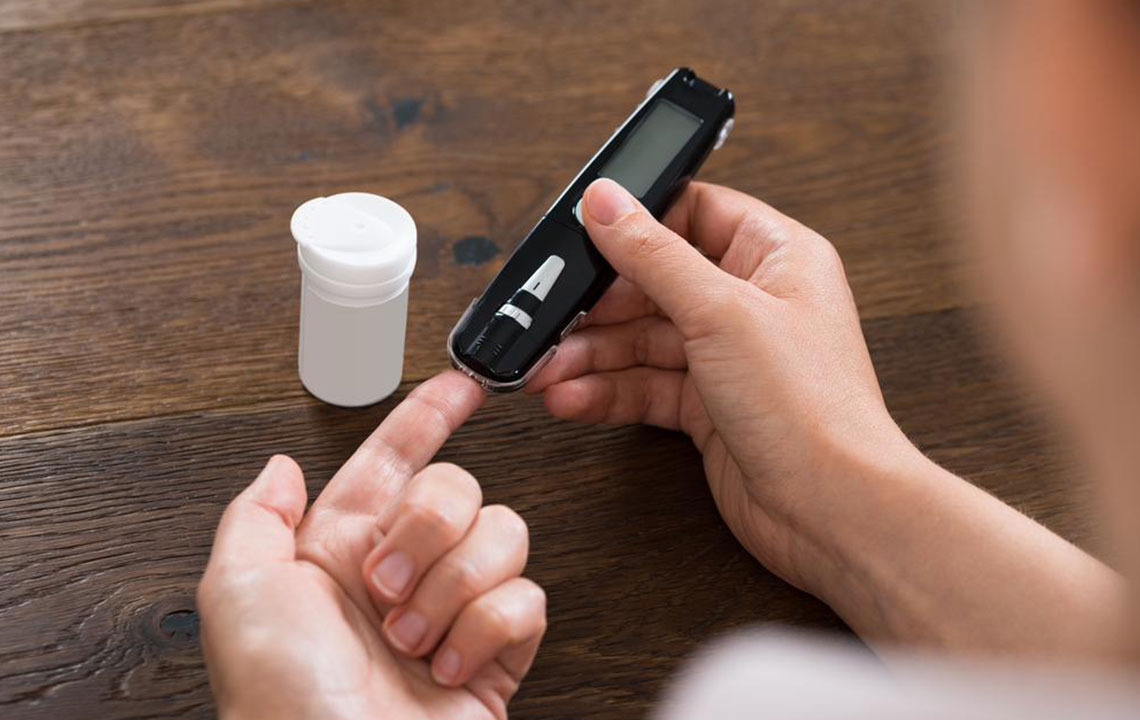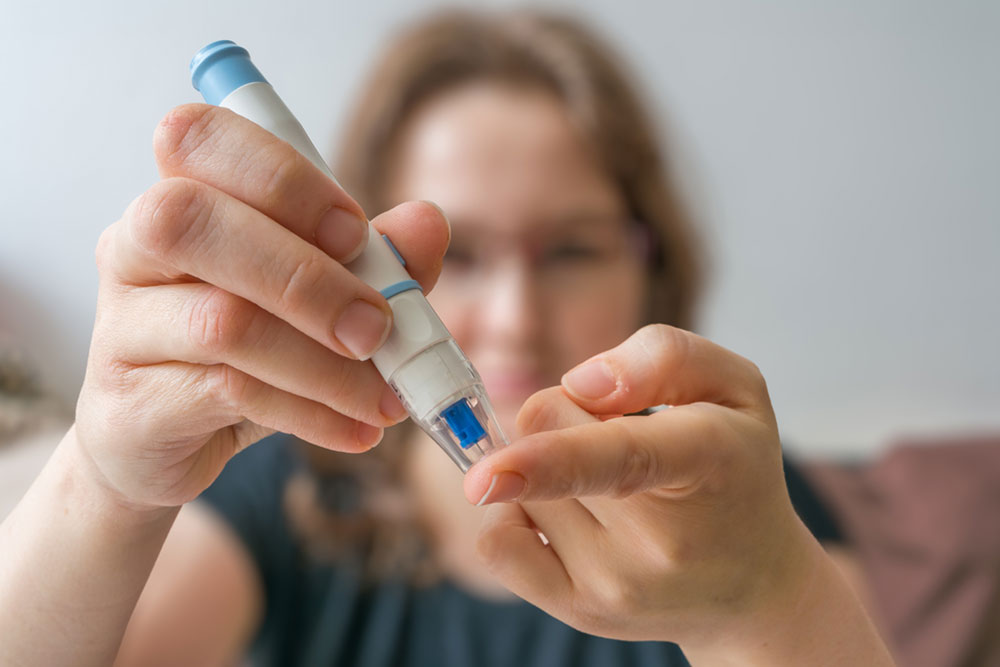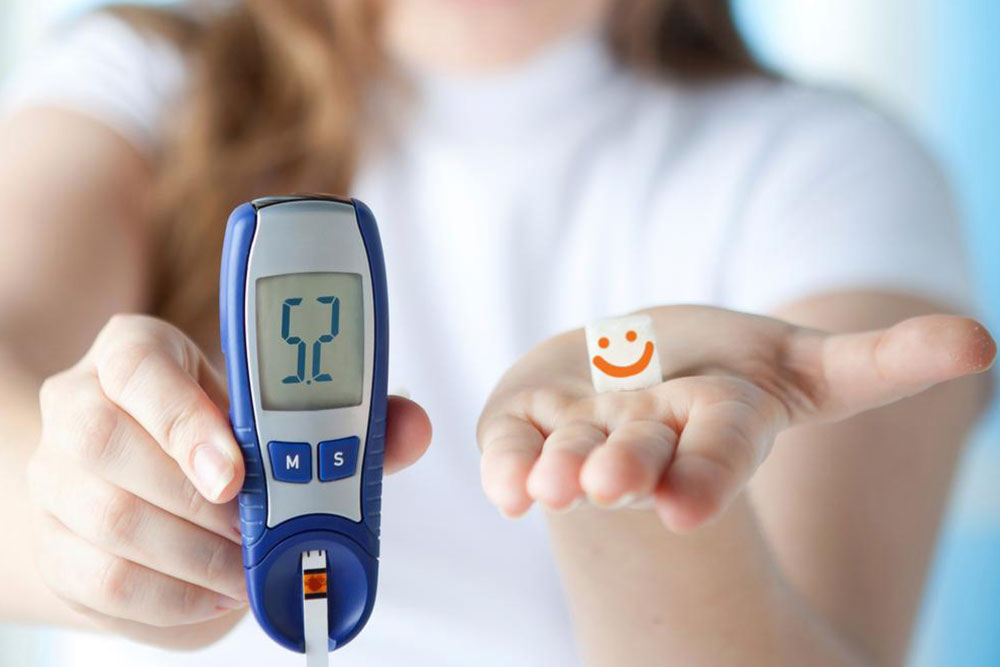Effective Strategies for Managing Blood Glucose Levels
Learn effective methods to maintain healthy blood sugar levels, including regular monitoring, dietary adjustments, and lifestyle changes. This guide emphasizes the importance of proper management in preventing complications of diabetes and improving overall health. Suitable for individuals with diabetes or those seeking preventive tips, the article provides practical advice on exercise, hydration, and medical monitoring to keep blood glucose under control.

Effective Strategies for Managing Blood Glucose Levels
Individuals with diabetes often experience fluctuations in blood glucose levels, which can be either elevated or lower than normal. These variations occur throughout the day and are influenced by meal quality and timing, physical activity, and overall health. Maintaining optimal blood sugar levels is crucial to prevent complications related to diabetes. Monitoring blood glucose in mg/dl and HbA1c, which reflects average levels over 2–3 months, are key tools for management.
Normal fasting blood glucose is below 100 mg/dl, with pre-meal levels from 70 to 99 mg/dl. Post-meal levels should stay under 140 mg/dl, and HbA1c should be below 5.7%. Diabetes is diagnosed if tests show levels above these thresholds or if HbA1c is 6.5% or higher.
Tracking blood sugar levels regularly and recording post-meal and activity-related readings help in maintaining stability. Keeping blood glucose within target ranges reduces the risk of cardiovascular issues and strokes associated with diabetes. Factors such as skipping medication, infections, stress, high carbohydrate intake, and inactivity can cause undesirable spikes or drops in levels.
Typical symptoms of blood sugar imbalance include headaches, excessive thirst, blurred vision, nausea, fatigue, weight changes, concentration problems, and anxiety. To keep levels steady, it is essential to test regularly, consult healthcare providers for persistent abnormalities, wear identification tags, and manage diet carefully.
Key lifestyle tips include:
Stay Hydrated: Drinking adequate water helps remove excess sugar via urine and prevents dehydration.
Exercise Regularly: Engaging in suitable physical activity boosts metabolism and supports glucose control, but consult your doctor to avoid exercises that could adversely affect your levels.
Adopt Healthy Eating: Adjust your diet under professional guidance to ensure proper macronutrient balance and avoid high-carb foods.
Manage Type-specific Risks: For type 1 diabetes, monitor for ketones and avoid exercise during high ketone levels; for type 2, stay hydrated and check ketones before exercising.
While diabetes is widespread, it poses serious health risks if unmanaged. Awareness and consistent lifestyle adjustments are critical. If blood sugar levels remain erratic, seek medical advice. Avoid frequently changing doctors or medications, and be patient with treatment processes. For persistent doubts, obtaining a second opinion is advisable.










